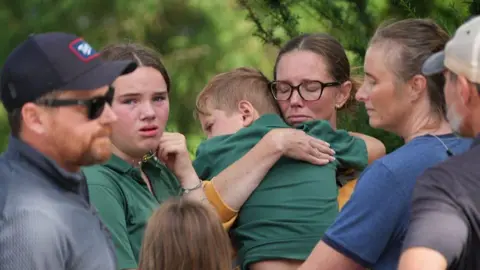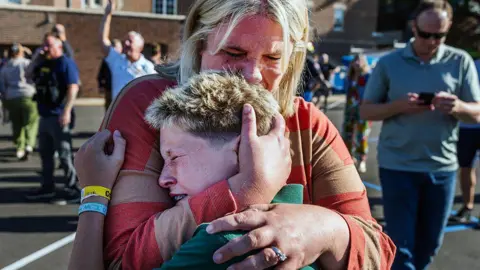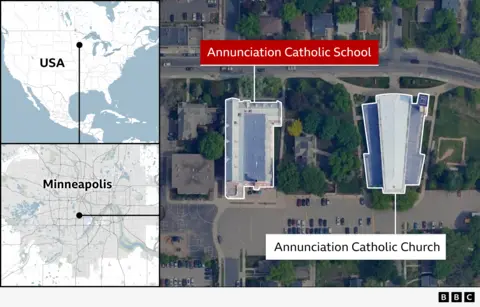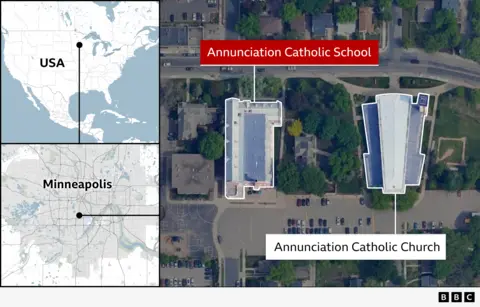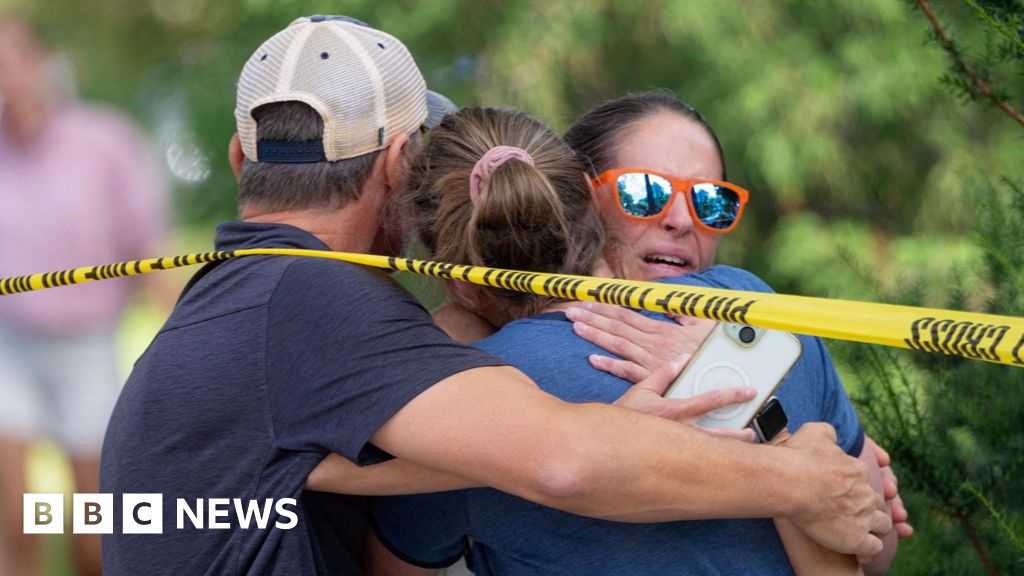In a significant response to the tragedy that unfolded on June 10, where a gunman took the lives of nine students and a teacher in Graz, Austria, the government has mobilized to introduce comprehensive gun control measures. The proposed legislation is a direct reaction to a horrifying incident that marks the darkest day in Austria's recent history concerning school violence.
Chancellor Christian Stocker announced a package of legislative changes aimed at making gun ownership more stringent and departmentally accountable. A core component of the proposed laws is the increase of the minimum age for purchasing certain firearms, such as handguns, from 21 to 25. The initiatives also include implementing stronger psychological assessments for prospective gun buyers, along with a mandatory four-week waiting period before firearms can be collected following a purchase.
The motivation behind the tragic shooting remains under investigation, but police reports indicate that the 21-year-old perpetrator, a former student of the school, harbored an unsettling admiration for previous school shooters. This complex psychological landscape is underscored by the fact that the shooter failed the required psychological evaluation for military service, yet was still able to legally acquire firearms, including a modified Glock pistol and a shotgun.
In his address to the nation, Chancellor Stocker expressed deep sorrow over the calamity but ensured that lessons would be taken from this incident. "Nothing we do... will bring back the 10 people we lost," Stocker stated, emphasizing the need for an informed response to community safety.
As debates on gun control intensify across various nations, Austria's steps toward implementing stricter regulations may prompt discussions about the essential balance between individual rights and public safety. The nation now faces the collective task of healing while ensuring that such a tragedy does not repeat itself.








